Sir Jim Ratcliffe insists he will judge Ruben Amorim over three years, not three games. The Manchester United co-owner has promised patience, perspective, and a long-term vision. But inside Old Trafford, there’s a growing sense that this month will tell the real story.
Speaking on The Times business podcast, Ratcliffe addressed ongoing speculation around Amorim’s future. When first asked whether the manager would at least see out the season, his reply — “He’s a good guy” — sounded more polite than reassuring. When pressed further, Ratcliffe shifted tone:
“Ruben needs to demonstrate that he’s a great coach over three years. That’s where I would be — three years.”
It was a statement designed to project stability after a turbulent few years. Yet as much as Ratcliffe wants to remove the short-term thinking that has plagued United, the results are already pressing against that philosophy.
Results that demand answers
Under Amorim, United have played 34 Premier League matches and lost 17 of them — a run that yields just 37 points, closer to the relegation zone than the Champions League places.
Remarkably, United have still not managed to win back-to-back league games since Amorim arrived. Unless they beat Liverpool at Anfield this weekend, that unwanted streak will stretch into November.
The underlying numbers are no kinder. United concede more goals than any of the current top ten sides, while their attack has been inconsistent despite significant summer investment. For all Amorim’s talk of “identity,” United look like a team still searching for one.
Patience or performance?
Ratcliffe’s public defence of his manager may be part conviction, part calculation. Reports suggest Amorim would be owed around £12 million in compensation if sacked before 1 November, the anniversary of his appointment.
Delaying any major decision until then makes financial sense for a club that has already paid out heavily for past managerial changes. Ratcliffe’s INEOS regime has vowed to make United “the most profitable club in world football” — and costly early dismissals don’t fit that plan.
But beyond the boardroom, there’s a footballing reality to confront. United are out of the Carabao Cup, struggling in the league, and their European campaign has yet to take shape. Faith in a project must be earned through progress, not just protected through words.
The Arteta comparison — and where it breaks down
Ratcliffe referenced Mikel Arteta’s early struggles at Arsenal as evidence that stability pays off. It’s a fair comparison on paper, but it overlooks key differences.
Arteta’s first season brought an FA Cup, defensive improvement, and a clear tactical plan that earned him time. Amorim, by contrast, has yet to provide any of those benchmarks. His 3-4-2-1 shape remains rigid, his defence uncertain, and his attacking patterns unpredictable.
There’s a formation, but not yet a philosophy. For supporters who have watched a revolving door of managers since Sir Alex Ferguson’s retirement, that distinction matters.
The month that will shape everything
United’s upcoming schedule could define Amorim’s short-term future:
- Liverpool (A)
- Nottingham Forest (A)
- Tottenham (A)
- Brighton (H)
Last season, those fixtures produced just one point. Replicating that would leave Ratcliffe’s public promise of “three years” looking naive rather than noble.
If United can steady their form — and show signs of identity in performance as well as result — the mood may shift. If not, the pressure will move swiftly from the dugout to the directors’ box.
Analysis – the balance between belief and accountability
In truth, Ratcliffe’s words reflect both optimism and pragmatism. He understands that another managerial reset risks restarting the cycle he’s trying to end. But the Premier League offers little time for idealism.
Amorim’s project was always going to take time. What he needs now are results that justify that time.
Patience, as Ratcliffe knows, is valuable — but it cannot come at the cost of standards.
The next few weeks will reveal whether United are building something meaningful or simply waiting for the inevitable.
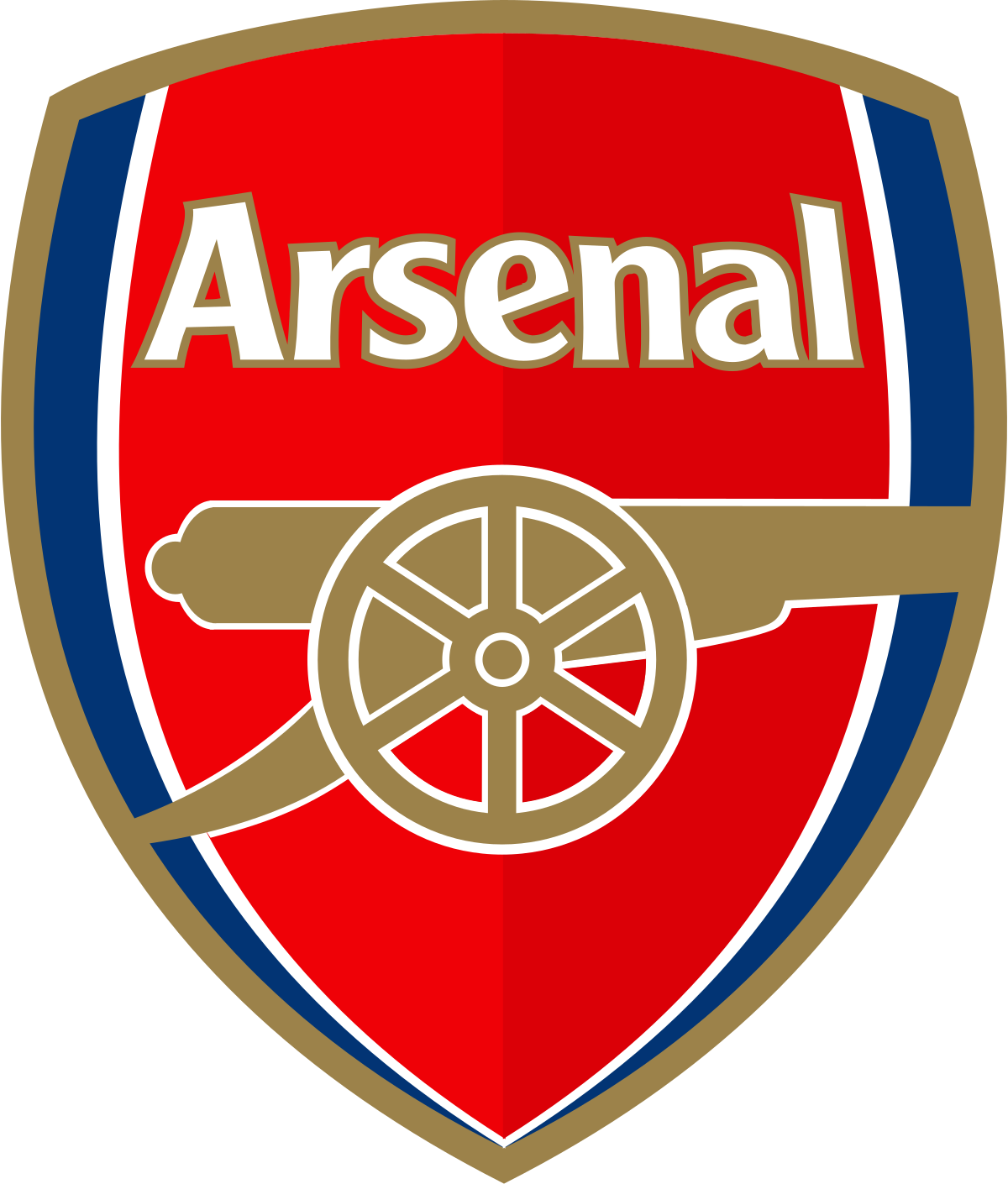
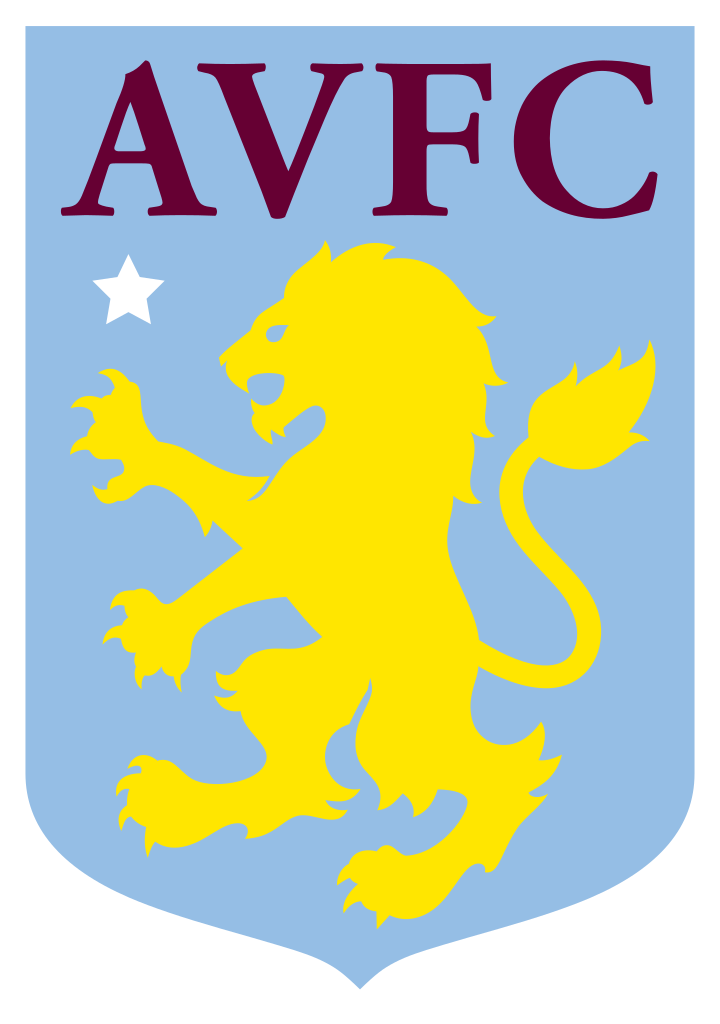
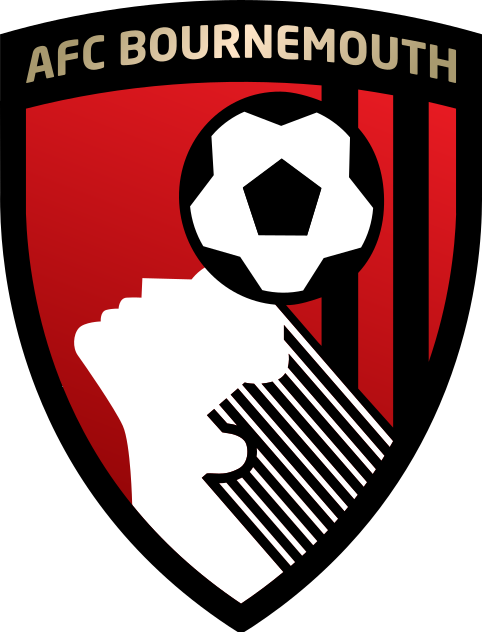


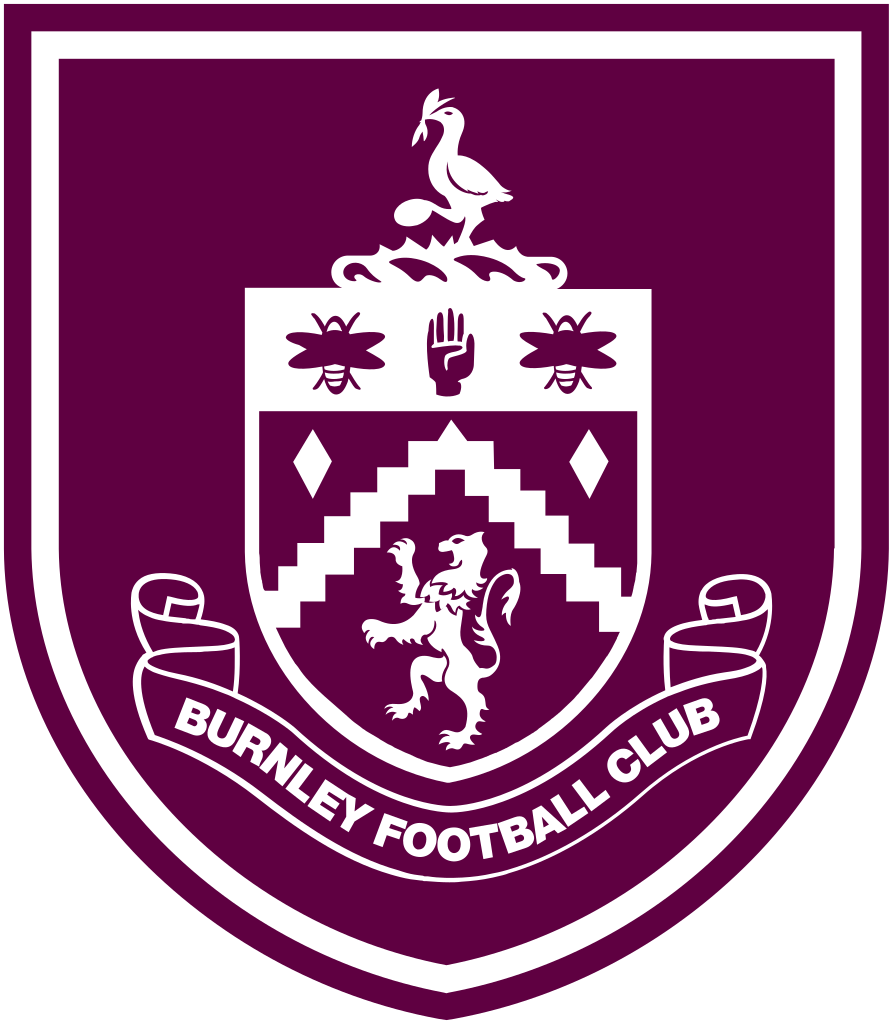
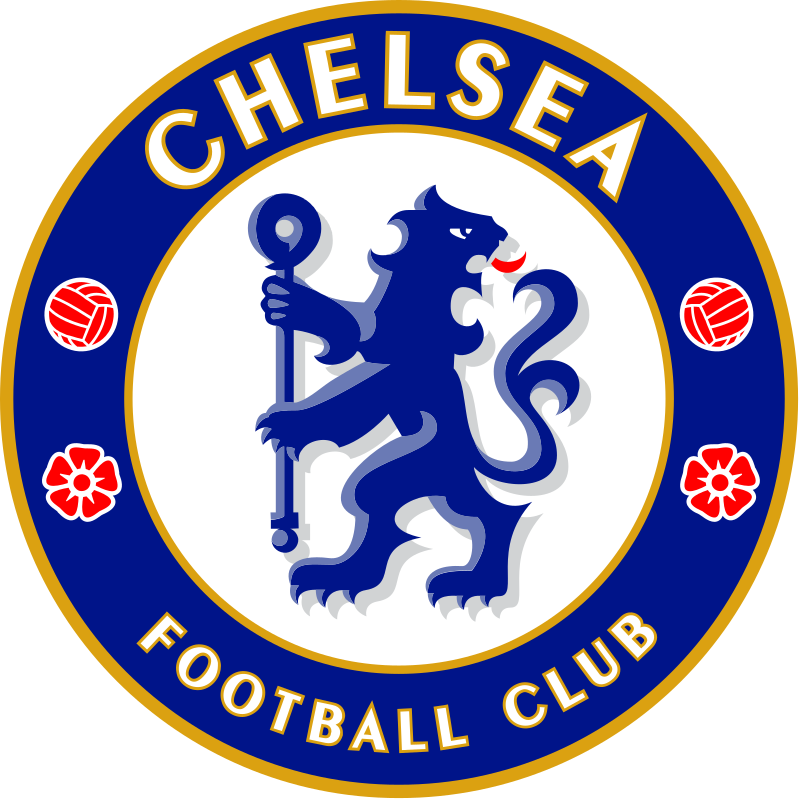

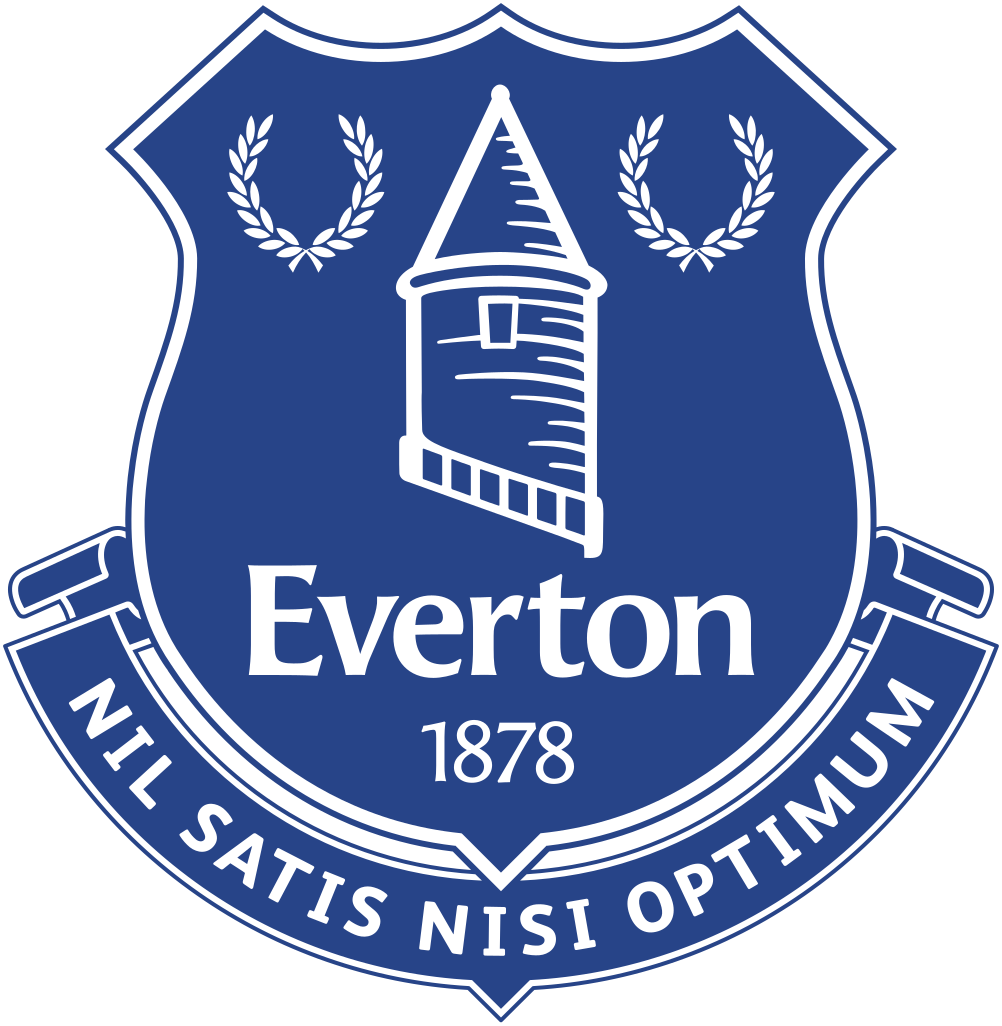
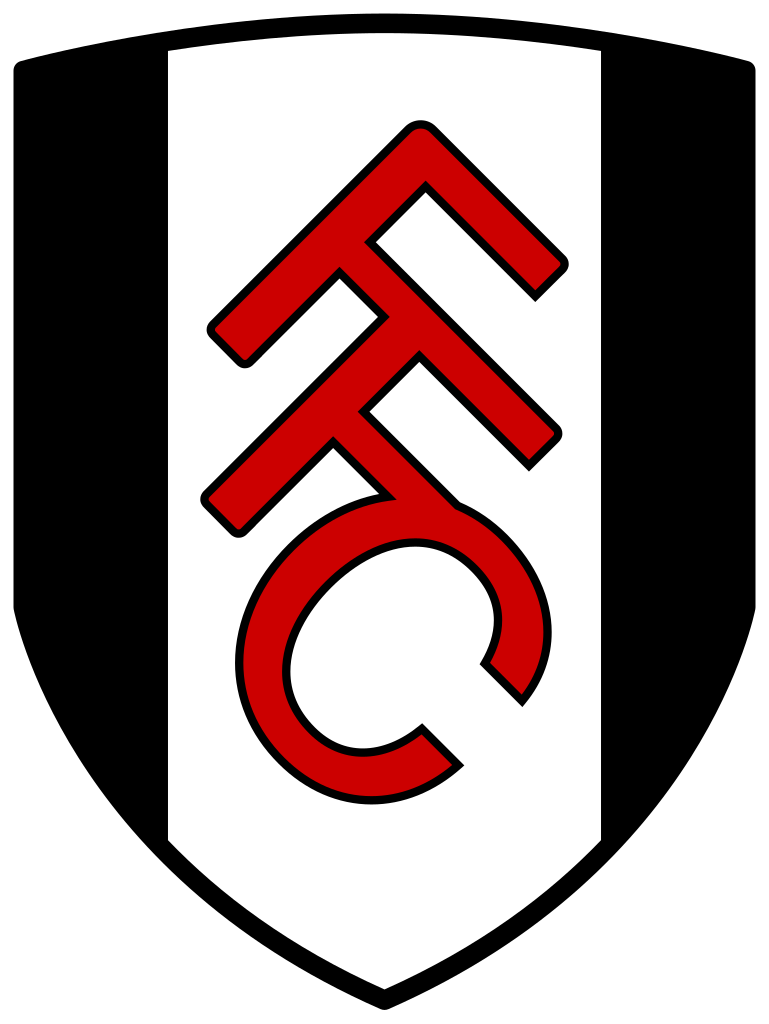
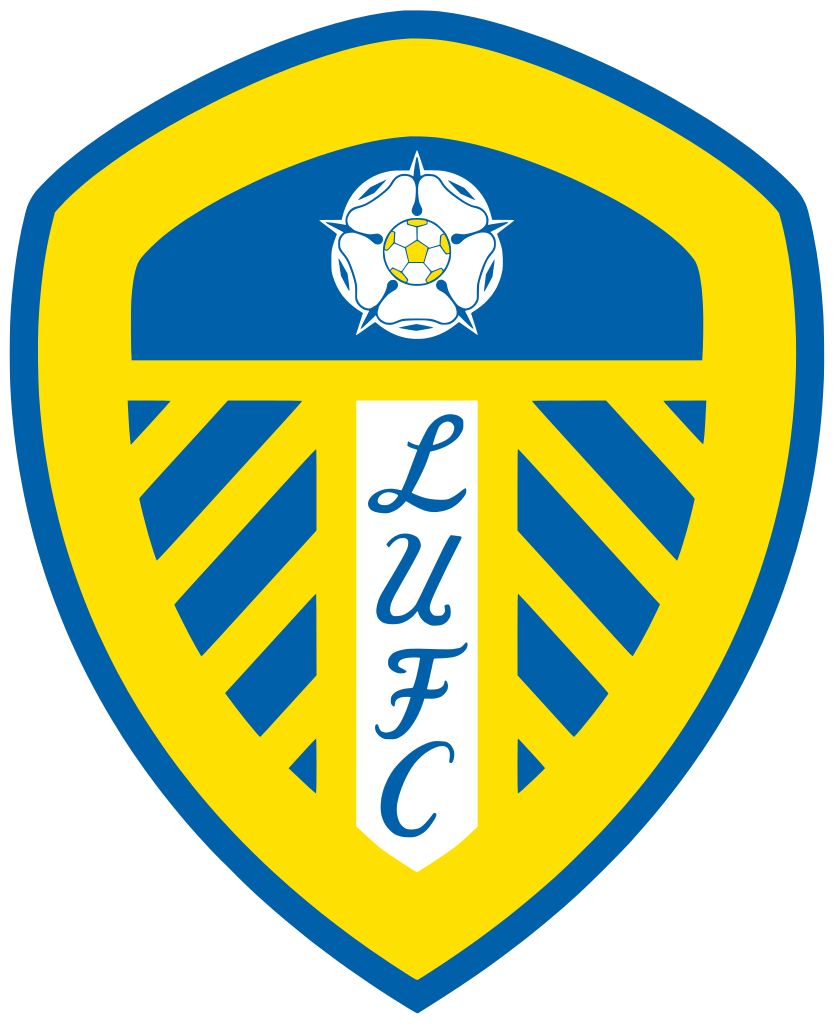
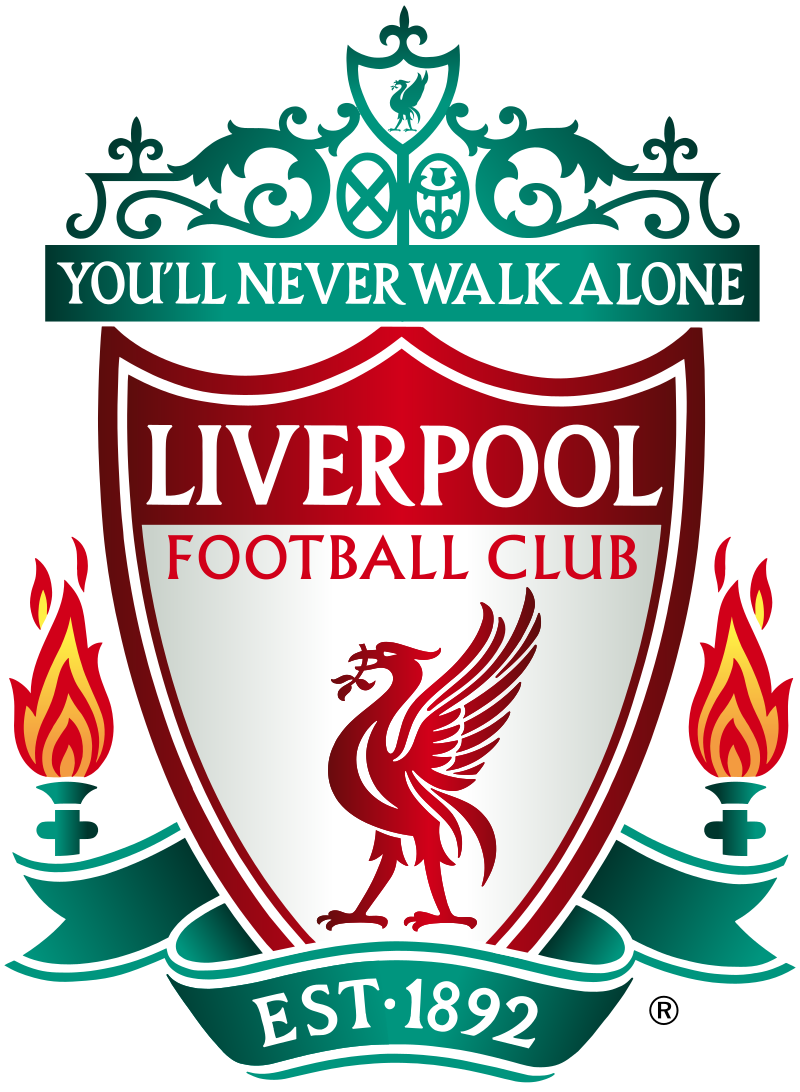


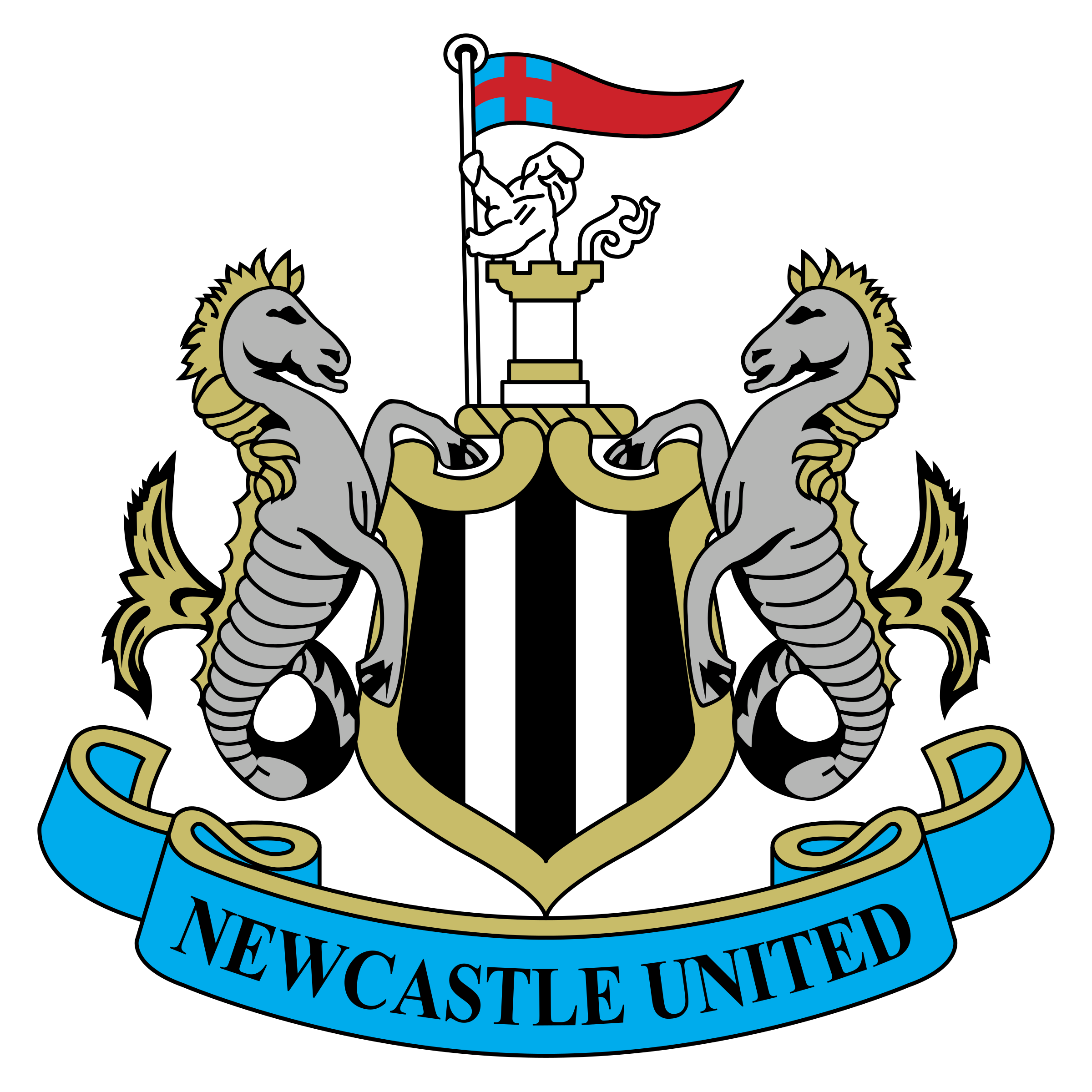
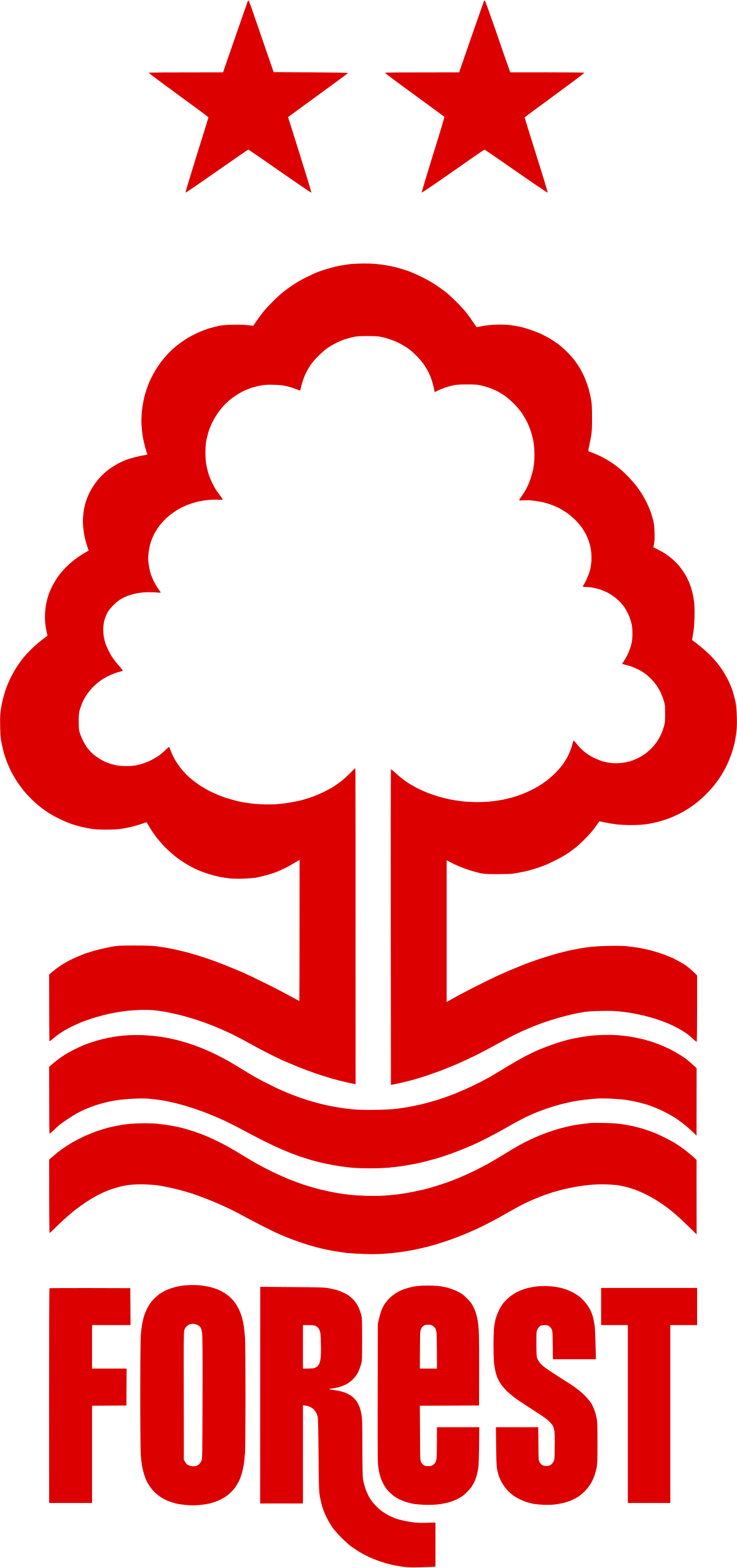
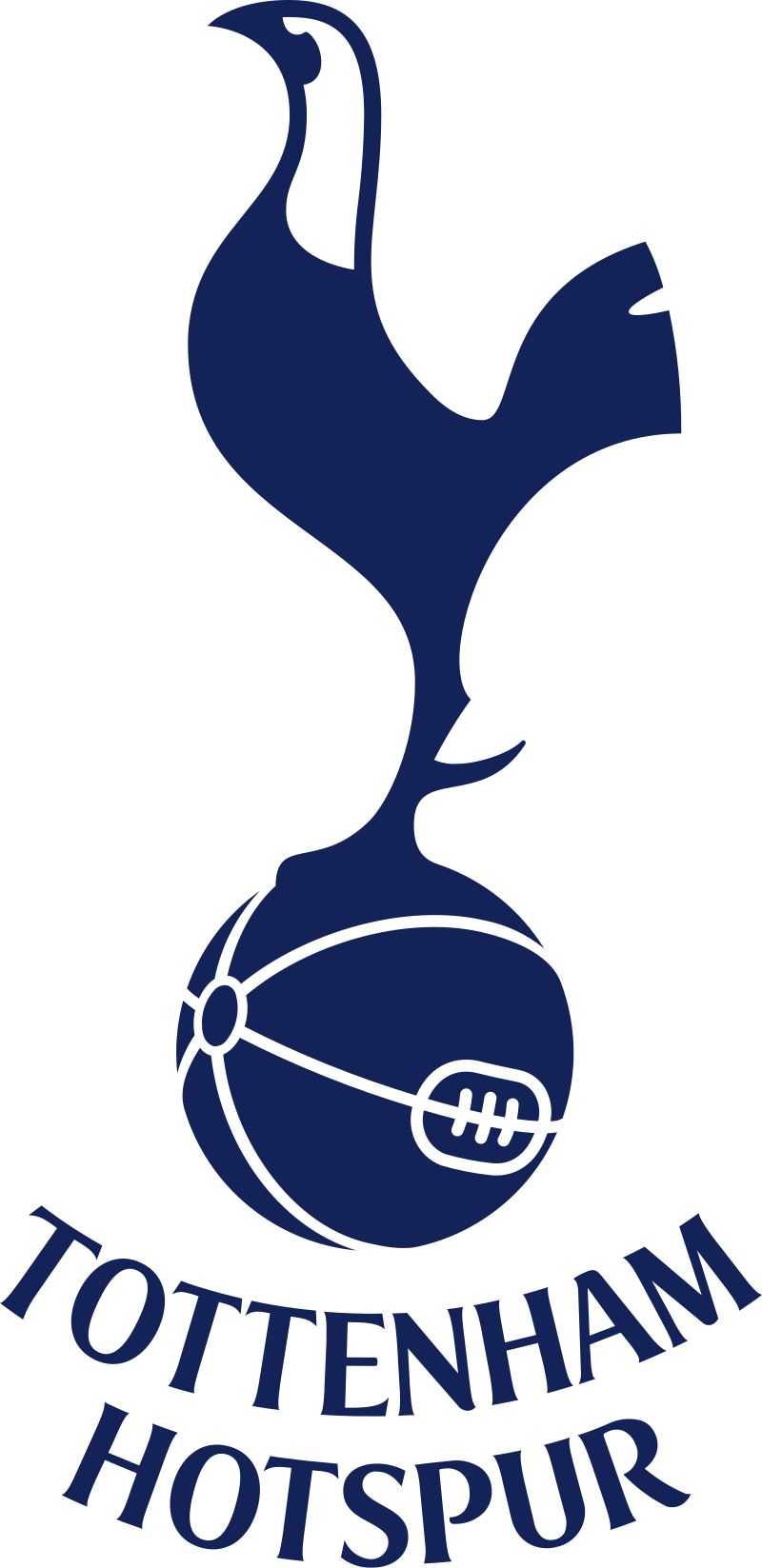
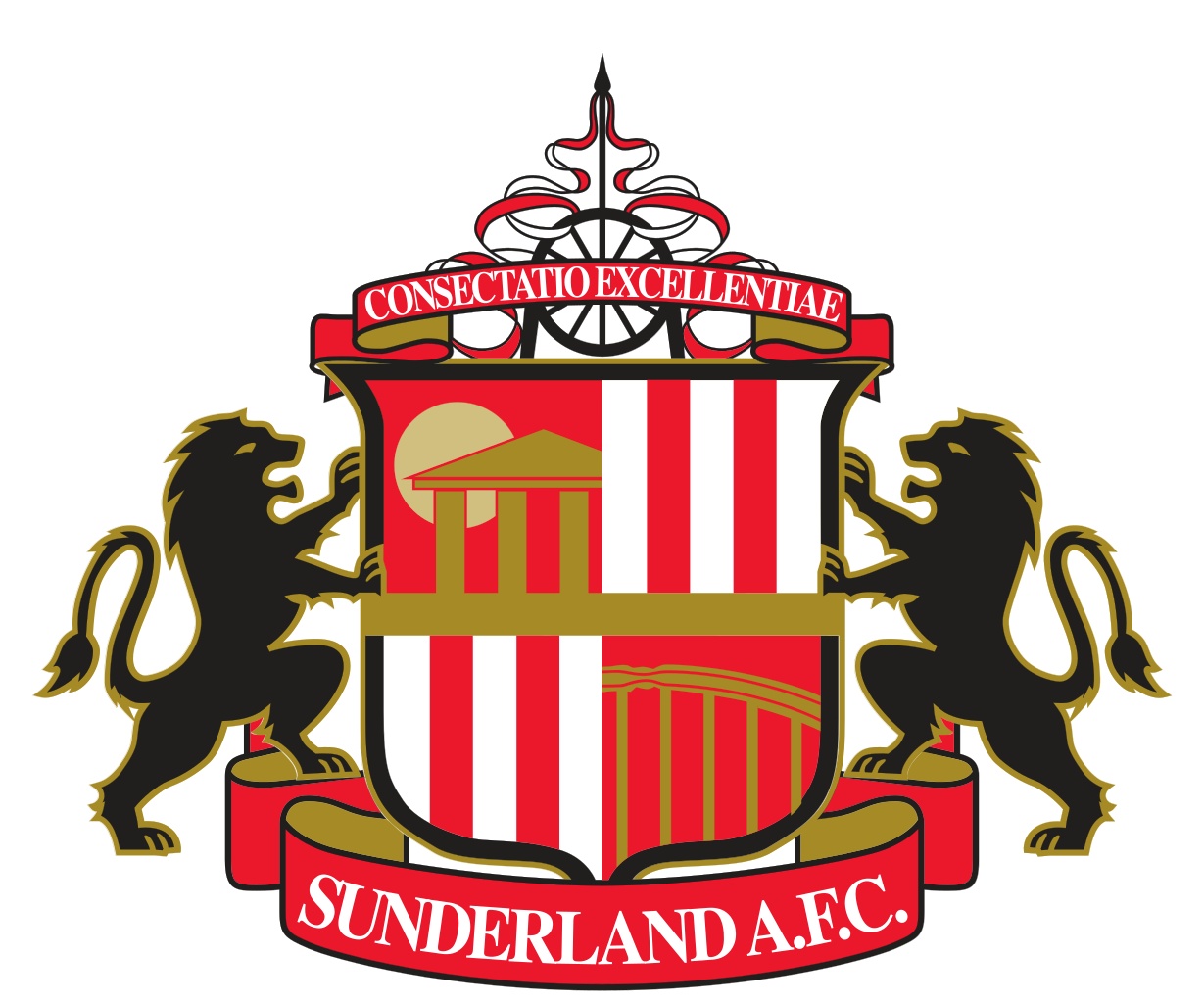
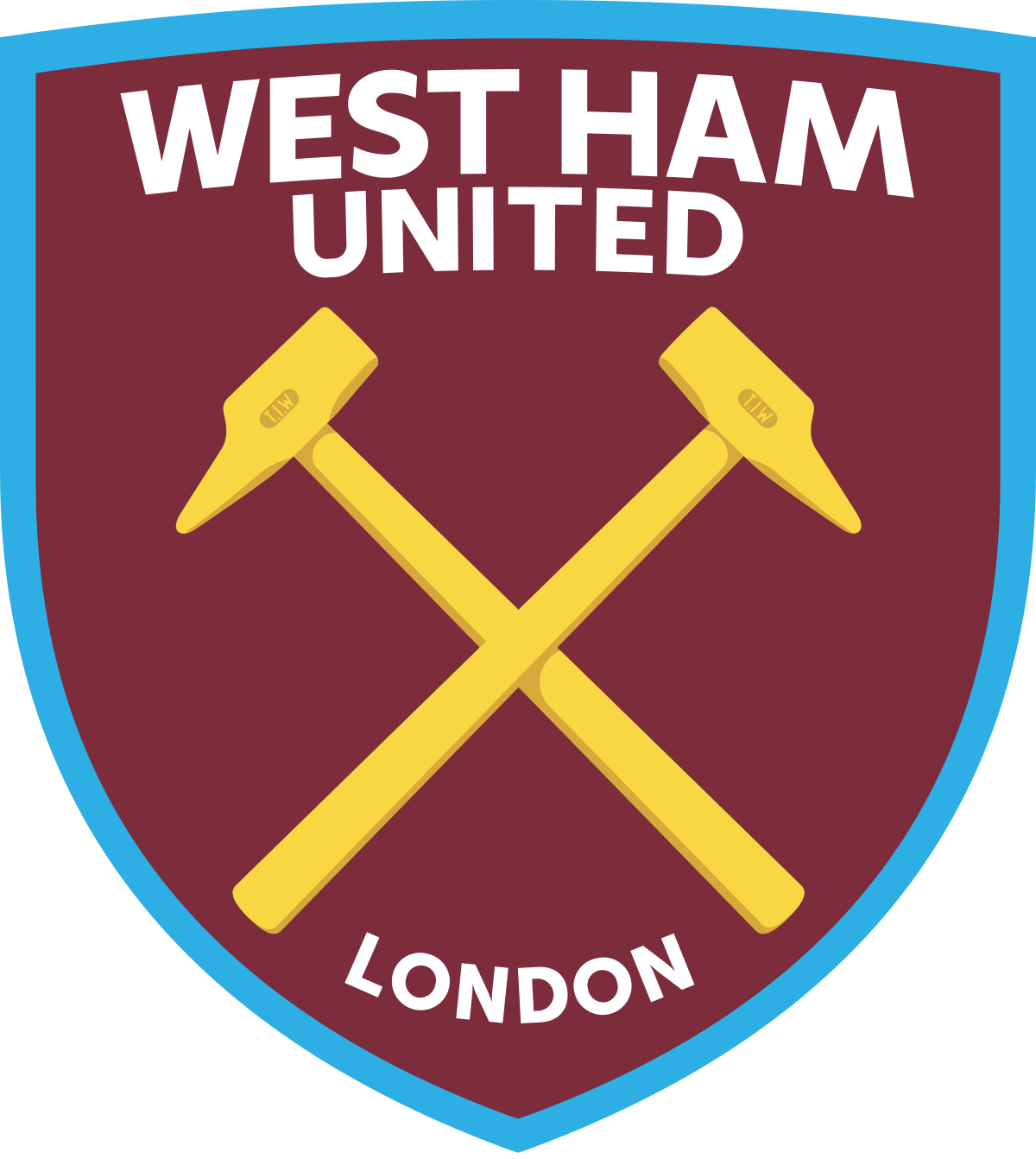

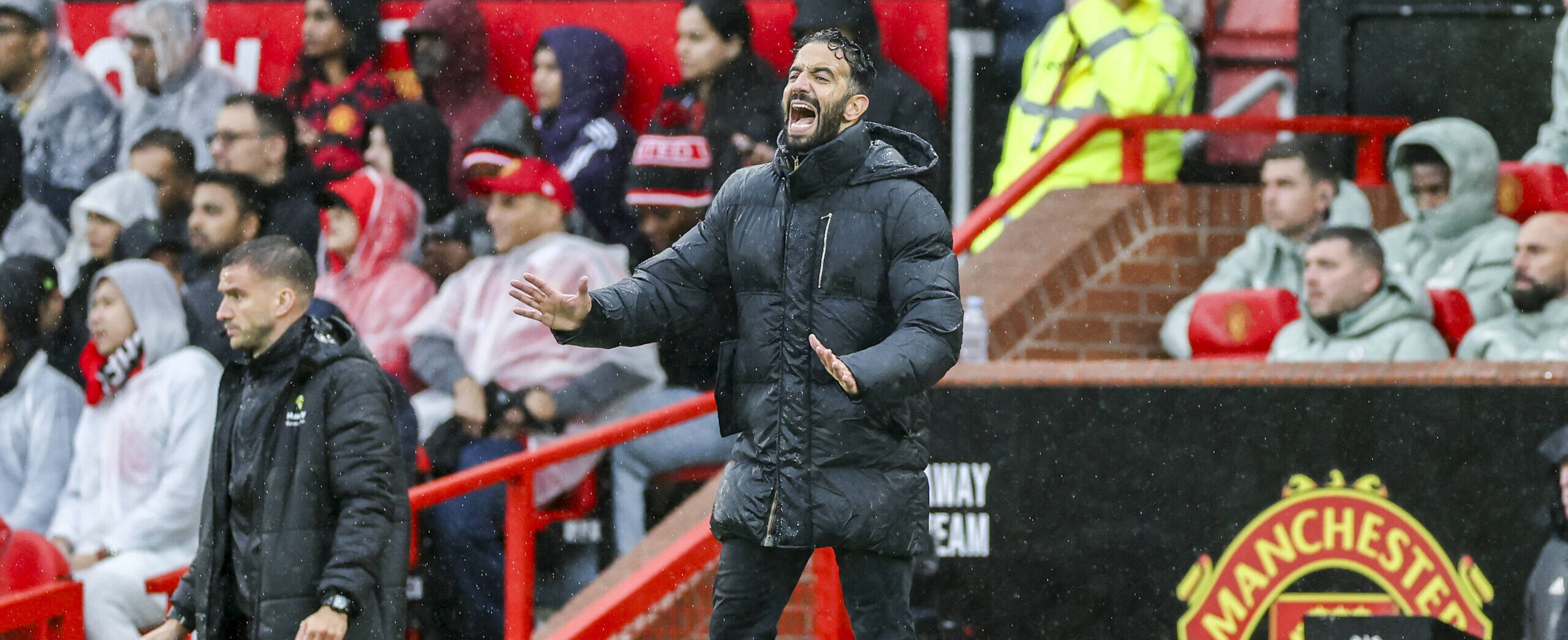
1 Comment (last comment by Adem)
First read message
By Adem 16 Oct 2025 13:02
Tough one, I mean. I think its good that you've someone who wants to put his system in place, but when you see that it doesn't work, the whole world sees it the biggest managers adapts their system to the players they've.
Leave a comment
Your email address will not be published. Required fields are marked *